Alzheimer’s disease (AD) is a neurodegenerative disease, accounting for 60-80% of the cause of dementia. β-amyloid- (Aβ) plaques and neurofibrillary tangles are the two key hallmarks of AD, and appear 15-20 years before the presence of manifest clinical symptoms. The advances of positron emission tomography (PET) imaging and biofluid markers including plasma and cerebrospinal fluid (CSF) assays make it possible to measure Aβ and tau deposition in vivo in the very early stage of AD. It has been commonly suggested that early detection of abnormal Alzheimer's pathologies changes is extremely important for the intervention of the disease progression.
The Guo’s Lab is a joint research program involving the Shenzhen Bay Laboratory (SZBL) and Peking University Shenzhen Graduate School (PKUSZ). We aim to investigate the pathological features and evolutionary patterns of AD, especially during the asymptomatic stage of AD. Our main research interests are as follows: 1) early diagnosis of AD using PET imaging, and biofluid markers; 2) validation of clinical research findings using AD brain organoids and AD rodents; 3) novel AD theragnostic techniques development such as ultrasound stimulation and imaging-based in-vitro assay techniques. Using such biomarkers detection, multimodal molecular imaging, and biochemical methods, we are engaged in exploring novel approaches of early diagnosis and intervention of AD. The ultimate goal is to detect this disease as early as possible and provide novel insights into the early diagnosis and prevention of AD.
In Guo Lab, we have an interdisciplinary team with various backgrounds and work jointly to investigate the characteristics and evolution of AD using both clinical and pre-clinical models. Meanwhile, we are also developing novel biomedical techniques for early AD detection and interventions (ultrasound-based neuromodulation techniques and imaging monitoring techniques). We are very willing to conduct any potential cooperation related to AD pathology and theranostics research. We also warmly welcome highly motivated and well-trained researchers to contact and join us.
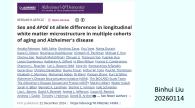
2026-01-21

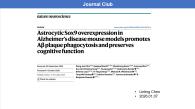
2026-01-20

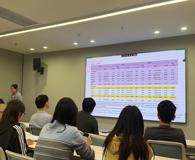
2025-12-25

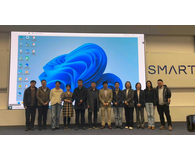
2025-12-24

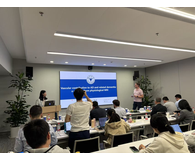
2025-12-24


2025-12-24

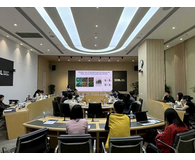
2025-12-19

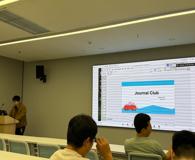
2025-12-17

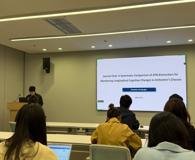
2025-12-17

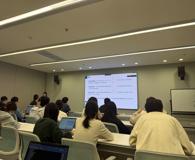
2025-12-17

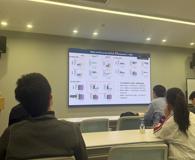
2025-12-17


2025-11-13


2025-11-14


2025-11-13

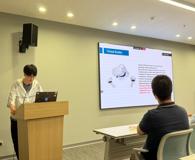
2025-10-16

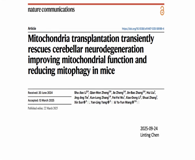
2025-09-26

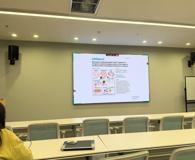
2025-09-26

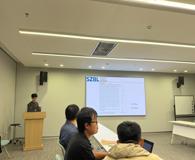
2025-09-17

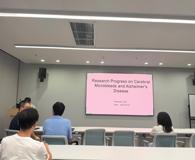
2025-09-04

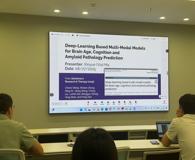
2025-09-01

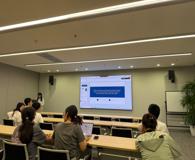
2025-08-06

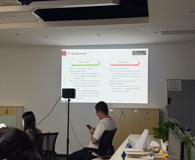
2025-07-18

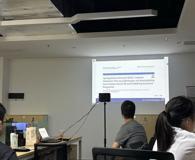
2025-07-10

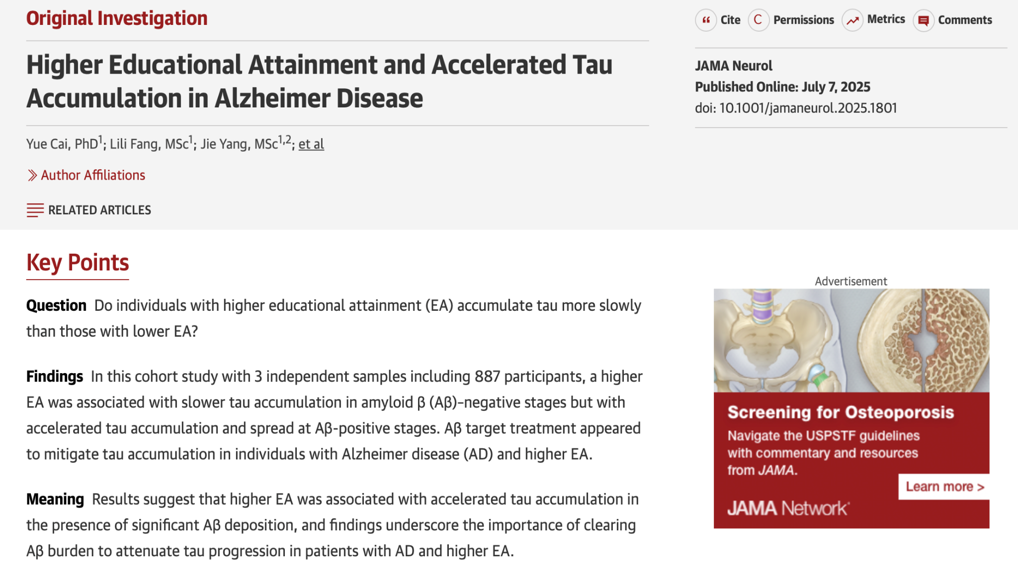
2025-07-08

2025-07-03

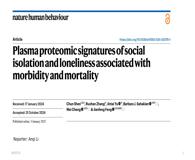
2025-07-01

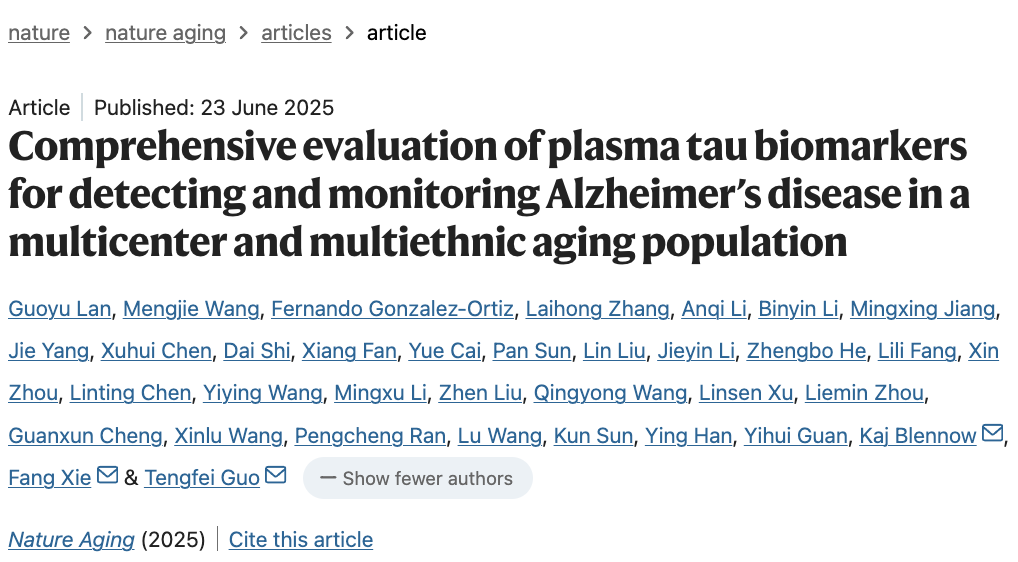
2025-06-24


2025-06-19


2025-06-13

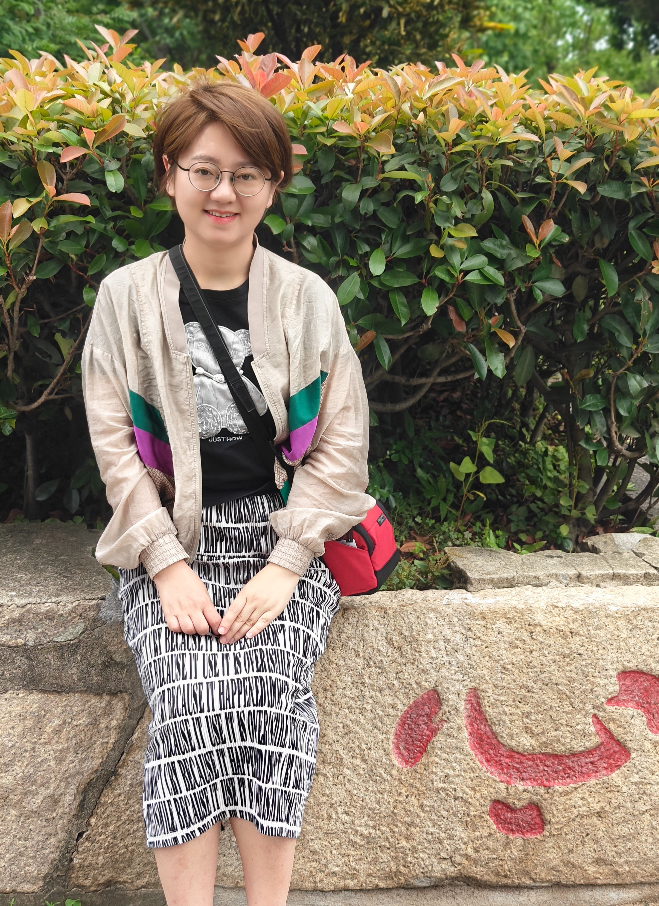
2025-06-12

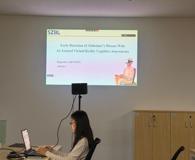
2025-06-06


2025-06-04

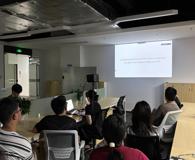
2025-05-23

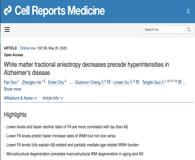
2025-05-22


2025-05-16


2025-05-08

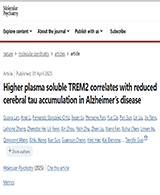
2025-04-02


2025-03-28


2025-03-27


2025-03-26

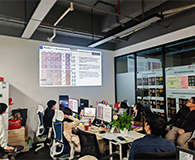
2025-03-26

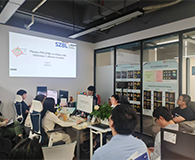
2025-03-19


2025-03-19

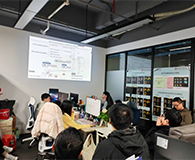
2025-03-12


2025-03-11

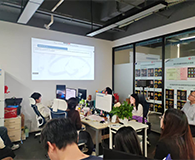
2025-03-11


2025-03-11

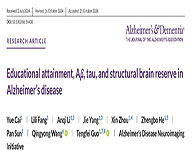
2025-03-10


2025-02-25

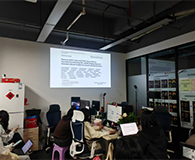
2025-02-25


2025-02-25


2025-01-20


2025-01-13

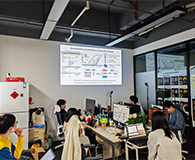
2025-01-13


2025-01-13

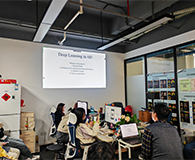
2024-12-30


2024-12-30


2024-12-02


2024-12-02


2024-11-25

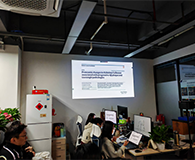
2024-11-25


2024-11-11

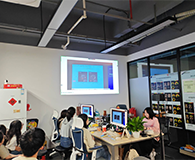
2024-11-11

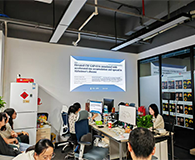
2024-11-11

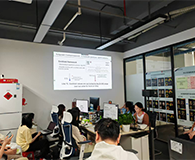
2024-11-11


2024-10-25

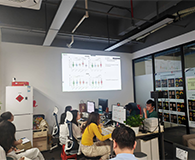
2024-10-25


2024-10-12


2024-10-12


2024-09-18


2024-09-14


2024-09-14


2024-09-10


2024-08-30


2024-08-27


2024-08-23


2024-08-23


2024-08-23


2024-08-13


2024-08-13


2024-08-13


2024-08-01


2024-07-29


2024-07-25


2024-07-22


2024-07-18


2024-07-15


2024-07-11


2024-07-10


2024-07-10


2024-07-05


2024-07-04


2024-06-21


2024-06-14


2024-05-30


2024-05-27


2024-05-23


2024-05-20


2024-05-20


2024-05-20


2024-05-13


2024-05-09


2024-04-28


2024-04-28


2024-04-19


2024-04-15


2024-04-11


2024-04-07


2024-04-01


2024-03-28


2024-03-25


2024-03-21


2024-03-18


2024-03-18


2024-03-14


2024-03-11


2024-03-11


2024-03-04


2024-02-29


2024-02-22


2024-02-16


2024-02-04


2024-01-23


2024-01-18


2024-01-15


2024-01-12


2024-01-08


2024-01-08


2023-12-21


2023-12-21


2023-12-14


2023-12-12


2023-12-04


2023-12-04


2023-11-27


2023-11-27


2023-11-27


2023-11-16


2023-11-16


2023-11-10


2023-11-06


2023-11-02


2023-11-01


2023-10-27


2023-10-23


2023-10-19


2023-10-19


2023-10-18


2023-09-27


2023-09-18


2023-09-08


2023-08-20


2023-08-17


2023-08-17


2023-08-03


2023-07-19


2023-07-19


2023-07-01


2023-06-21


2023-06-17


2023-06-11


2023-06-02

2023-06-02


2023-06-01


2023-06-01


2023-05-20


2023-05-16


2023-05-15


2023-05-14


2023-05-13


2023-05-13


2023-05-06


2023-05-02


2023-05-02


2023-04-22


2023-04-16


2023-04-14


2023-04-08


2023-04-07


2023-04-01


2023-03-25


2023-03-17


2023-03-10


2023-03-08


2023-03-03


2023-02-27


2023-02-18


2023-02-12


2023-02-09


2023-02-03


2023-02-03


2023-01-16


2023-01-13


2023-01-06


2022-12-30


2022-12-15


2022-12-09


2022-12-09


2022-12-02


2022-12-01


2022-11-21


2022-11-07


2022-10-28


2022-10-21


2022-10-14


2022-10-14


2022-09-23

2022-09-15


2022-09-15


2022-09-05

2022-09-02


2022-08-26


2022-08-19

2022-08-15


2022-08-05

2022-08-01

2022-08-01

2022-07-19

2022-07-08

2022-07-05

2022-06-24

2022-06-17

2022-06-10

2022-06-02


2022-05-30

2022-05-27

2022-05-20

2022-05-16

2022-05-16


2022-05-07


2022-05-07

2022-05-06

2022-04-13

2022-04-01

2022-03-18

2022-03-11

2022-02-25

2022-02-18

2022-02-17

2022-02-11

2022-01-21


2022-01-20

2022-01-09

2021-12-30

2021-10-26

2021-10-18

2021-09-10


2021-08-24

2021-08-18

2021-08-18


2021-08-01

2021-07-15


2021-07-10


2021-06-18


2021-06-25


2021-06-07


2021-06-01


2021-05-27


2021-05-26


2021-05-26


2021-05-11


2021-04-23

2021-04-20


2021-04-16


2021-03-20

2021-03-10

2021-02-23

2021-02-24

2021-02-24

2021-01-01

2020-12-01
